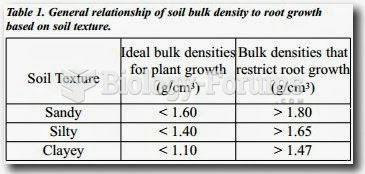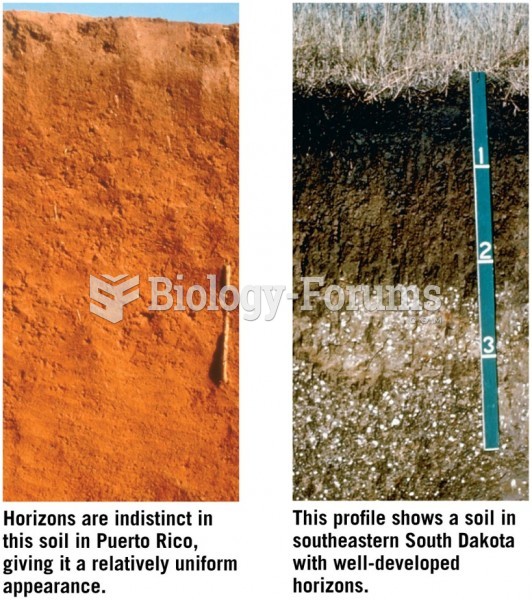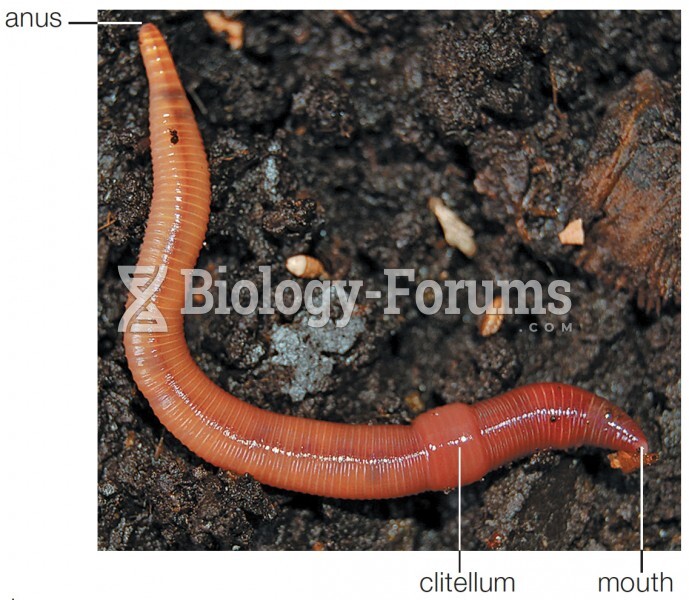|
|
|
When blood is exposed to air, it clots. Heparin allows the blood to come in direct contact with air without clotting.
Asthma attacks and symptoms usually get started by specific triggers (such as viruses, allergies, gases, and air particles). You should talk to your doctor about these triggers and find ways to avoid or get rid of them.
Sildenafil (Viagra®) has two actions that may be of consequence in patients with heart disease. It can lower the blood pressure, and it can interact with nitrates. It should never be used in patients who are taking nitrates.
For high blood pressure (hypertension), a new class of drug, called a vasopeptidase blocker (inhibitor), has been developed. It decreases blood pressure by simultaneously dilating the peripheral arteries and increasing the body's loss of salt.
Your heart beats over 36 million times a year.
 The fact that a mother works outside the home has no negative effect on the well-being of her child ...
The fact that a mother works outside the home has no negative effect on the well-being of her child ...
 A black impact socket. Always use an impact-type socket whenever using an impact wrench to avoid ...
A black impact socket. Always use an impact-type socket whenever using an impact wrench to avoid ...





